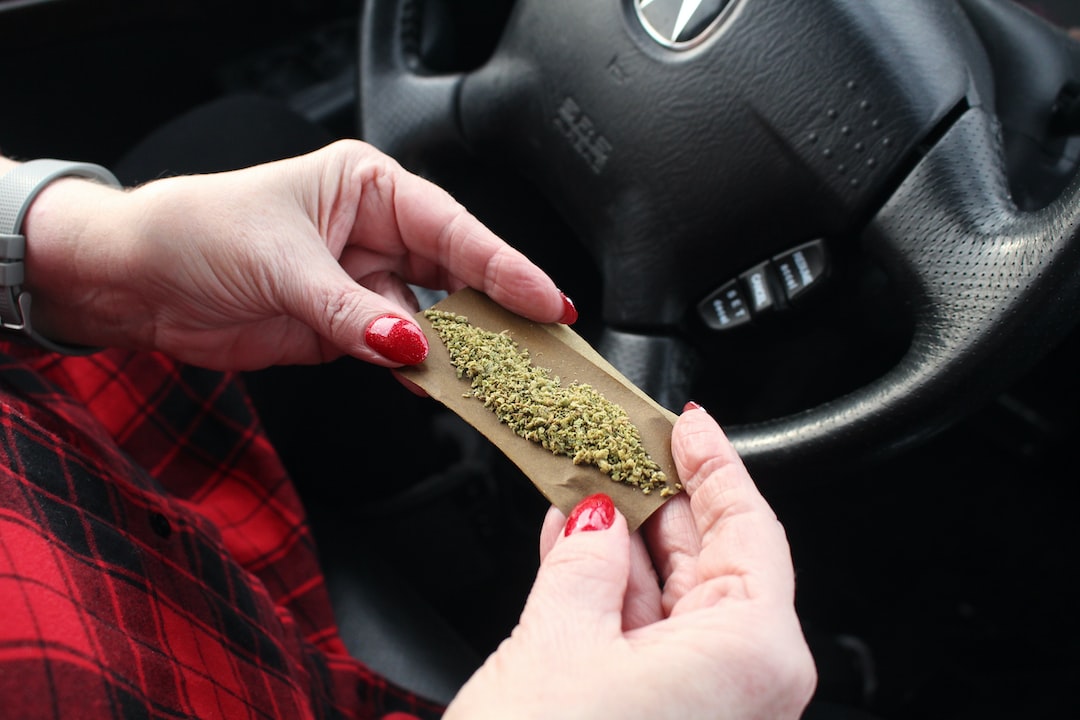The Difference Between DUI & DWI in Texas
According to the CDC, in 2020, more than 11,000 fatalities were caused by a crash involving a driver who was alcohol-impaired, which remarkably reflects about 30% of all U.S. traffic-related deaths. And according to the
A study that was based on the statistics of per-capital drunk driving accidents, showed that San Antonio had the most accidents involving alcohol impairment of any of the Lone Star State’s large cities in 2021.

If you are facing a Texas Driving Under the Influence (DUI) charge, it is essential to speak with a qualified DUI lawyer San Antonio TX-based, with the experience to provide your best defense.
DUI (Driving Under the Influence) vs. DWI (Driving While Intoxicated) in Texas – Is there a Difference?
In Texas, DUI and DWI are defined by the law differently.
DUI
Driving Under the Influence, considered a severe offense, refers specifically to a state Zero Tolerance policy in which anyone has shown to be operating a car/vehicle under the age of 21 with ANY amount of detectable alcohol in their blood. DUI is a Class C Misdemeanor but a criminal offense that is a permanent record. Note that the legal drinking age in Texas is 21, so a driver, who is not yet 21, but shown to have consumed any alcohol, could lead to a conviction for DUI. The consequences of this violation can potentially lead to –
- Penalties/fines.
- The suspension of a driver’s license for up to one year on the first offense.
- Mandatory attendance of alcohol and drug awareness education coursework/workshops.
- State-approved course for driver/driving safety.
- Potential requirement of an Ignition Interlock Device, which is a device that measures a driver’s Blood Alcohol Content – BAC.
- Probation.
- Court-ordered community service.
A minor who has violated this Texas regulation can be cited or arrested and would greatly benefit from talking to a leading DUI attorney in San Antonio. Repeat offenders or cases with aggravating related factors may be subject to even more stringent legal consequences, as determined by a court of law.
DWI (Driving While Intoxicated)
Driving While Intoxicated (DWI – Texas Penal Code Title 10 Chapter 49 entitled Intoxication & Alcohol Beverage Offenses) is an offense that includes anyone operating a motor vehicle while inebriated/drunk/intoxicated by drugs or alcohol. While DUI criteria require a motor vehicle operator to have a BAC of 0.0, driving while legally intoxicated in the Lone Star State is defined for anyone who has a BAC greater than .08%. However, even if a driver’s BAC is below the legal limit, if the driver shows obvious and observable signs of impairment (for unknown reasons at the time), they can still be charged with DWI.
Because DWI is designed for adults (rather than minors, as in the DUI regulation), its legal consequences are more severe. DWI penalties depend on if it is a first, second, or third-plus offense. For example, a first-offense fine is $2,000. It doubles for the second offense and rises to $10,000 for the third offense.
In addition, related Texas laws include:
- More serious charges can be added if the DWI conviction includes driving with a child who is a passenger in your car.
- Even if you are not impaired, it is illegal to have an open alcohol container in a car.


